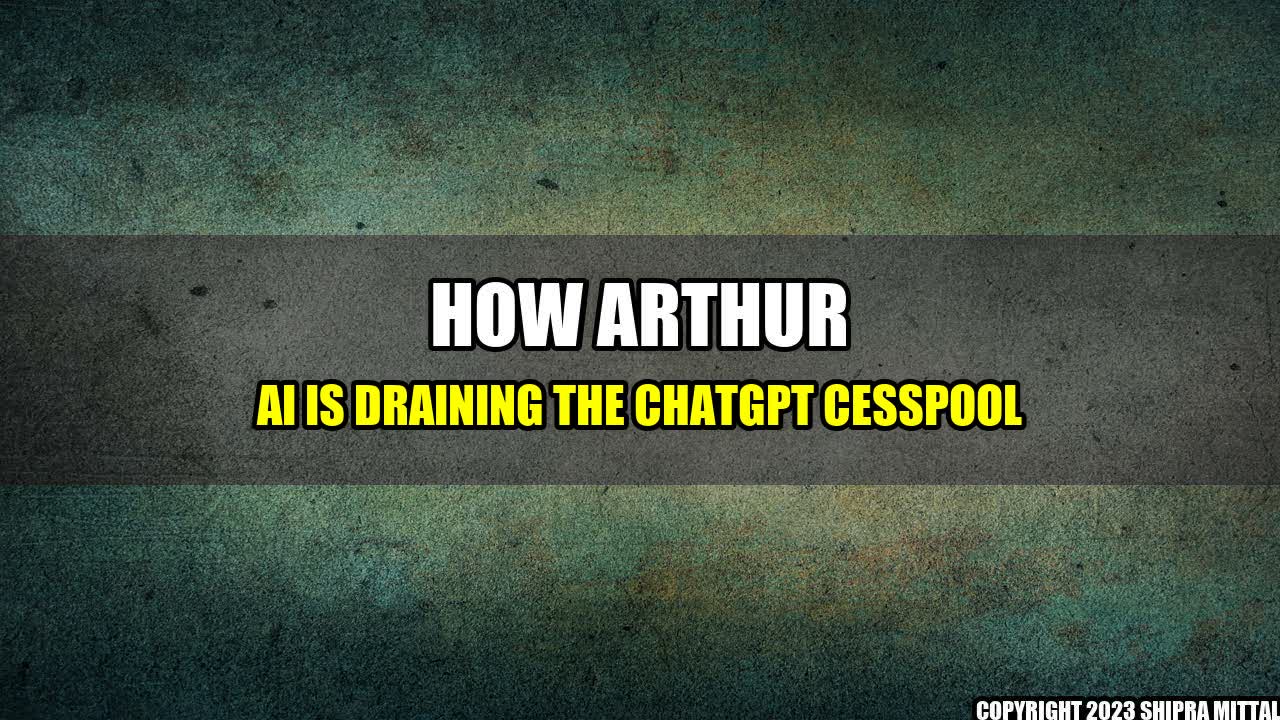Imagine you join a chatroom to discuss your favorite hobby with like-minded people. Instead, you encounter vicious trolls who use toxic language to insult and bully other members. You try to ignore them, but they keep harassing you and others, making it impossible to have a decent conversation.
This scenario is not uncommon in the world of online chatrooms, where people can hide behind pseudonyms and behave in ways they would never do in real life. The result is often a cesspool of hate speech, misinformation, and data leaks, where innocent users become victims of cybercrime.
Data Leaks
One of the biggest challenges of chatrooms is data privacy. When you join a chatroom, you may be asked to provide personal information such as your name, age, gender, and location. This data can be used by hackers to steal your identity, access your bank accounts, or spread malware.
Even if you don't provide any personal information, your IP address, browser type, and device ID can still be tracked by websites and third-party advertisers. This information can be sold to data brokers, who use it for targeted ads, or to cybercriminals, who use it for phishing scams, ransomware attacks, or identity theft.
According to a recent report by NortonLifeLock, a leading cybersecurity company, more than half of online users have experienced a data breach in the past year, and 75% of them don't know how to protect their privacy online.
Toxic Language
Another problem with chatrooms is toxic language. When people can communicate anonymously, they often feel emboldened to say things they would never say face-to-face. This leads to hate speech, cyberbullying, and trolling, which can have serious consequences for the mental health and well-being of the victims.
Recent studies have shown that online hate speech can lead to depression, anxiety, and even suicide. Moreover, hate speech can create a hostile environment for marginalized groups, such as women, LGBTQ+ people, and people of color, who are often the targets of online abuse.
A recent example of toxic language in chatrooms is the controversy surrounding the WallStreetBets subreddit, where users used offensive terms and slurs to describe their opponents and express their frustration with the financial system. This led to calls for stricter moderation and the creation of alternative platforms that prioritize civility and respect.
Arthur AI Solution
Arthur AI is an artificial intelligence company that specializes in solving the problems of data leaks and toxic language in chatrooms. The company uses a combination of natural language processing, machine learning, and user behavior analysis to detect and prevent cybercrime and hate speech.
Arthur AI's software can identify suspicious activity, such as spam messages, phishing links, and malware downloads, and alert the users and moderators in real-time. The software can also detect toxic language, such as hate speech, insults, and threats, and suggest alternative phrasing or block the offending users.
Arthur AI has partnered with several companies, including Discord, Twitch, and Reddit, to provide a safer and more secure environment for their users. The company has also received funding from prominent investors, such as Peter Thiel, and won several awards for innovation and impact.
Conclusion
In conclusion, chatrooms are a double-edged sword: they can provide a sense of community and connectedness, but also expose users to data leaks and toxic language. Arthur AI is one of the companies that are trying to solve these problems through artificial intelligence and innovative solutions.
However, as with any technology, there are also concerns about privacy, bias, and transparency. Some critics argue that AI can never replace human judgment and that algorithms may reinforce existing prejudices or silo users into echo chambers.
Thus, it's important to approach AI with critical thinking and ethical considerations, and to involve diverse stakeholders in the design and implementation of AI solutions. Only then can we ensure that AI serves the common good and promotes human flourishing.

Akash Mittal Tech Article
Share on Twitter Share on LinkedIn